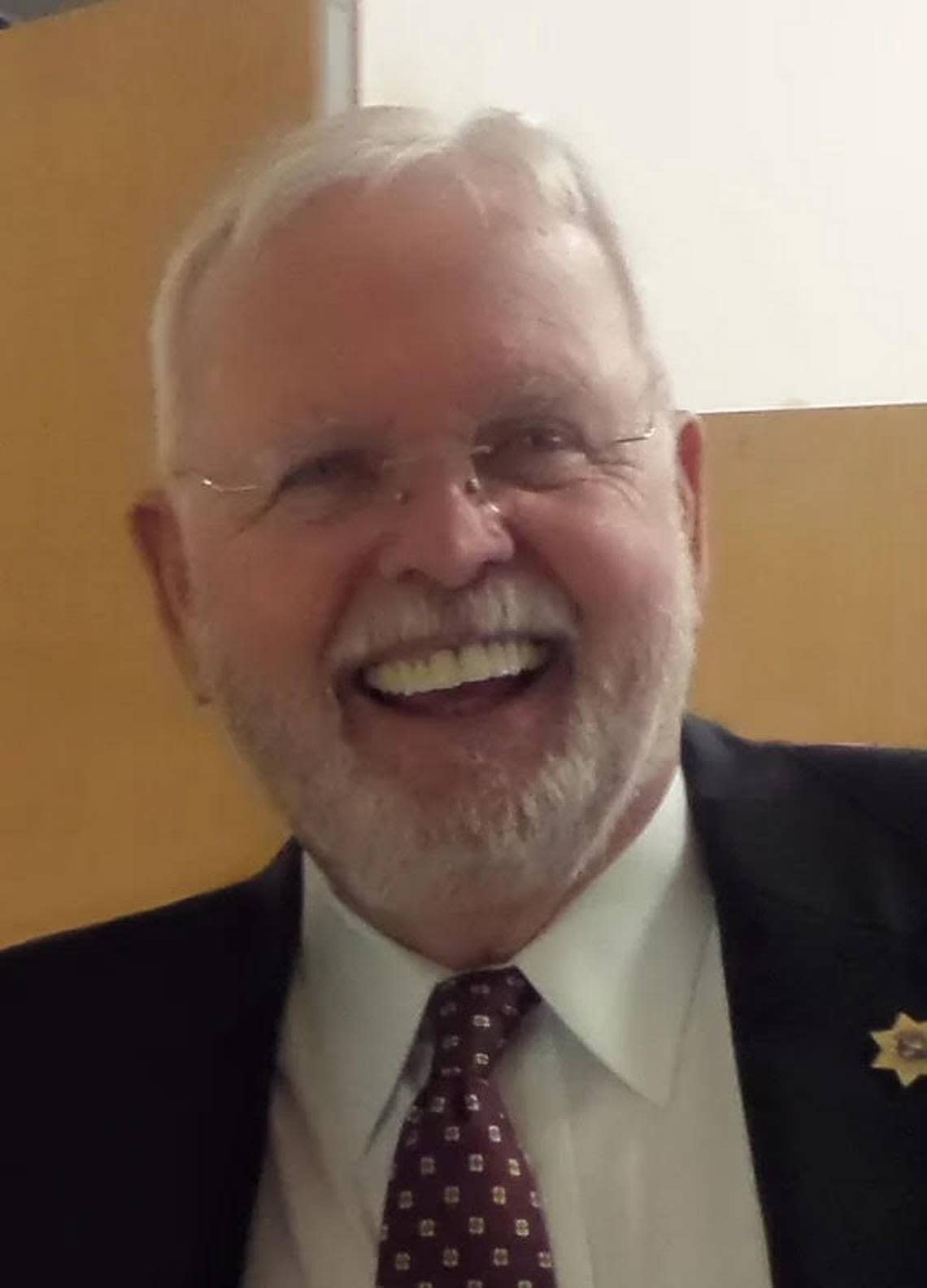Executions inflict devastating trauma on Florida’s correctional workers | Opinion
For the first time since 2019, Florida is scheduled to escort a healthy prisoner to the execution chamber, strap him to a gurney and use a combination of drugs to kill him. The power to stop this lies in the hands of one person — Gov. Ron DeSantis.
I have been a strong DeSantis supporter — until now. I have written to the governor personally to ask him to stop this week’s scheduled execution of Donald Dillbeck, not for Dillbeck’s sake, but in consideration of the state workers tasked with executing him.
I speak from experience. I oversaw the final three electric-chair executions as warden of the Florida State Penitentiary and I shadowed five lethal-injection executions in Texas as Florida transitioned to that practice.
I’m a law-and-order guy, an Air Force veteran and a lifelong conservative who voted for President Trump. My opposition to executions does not come from any concern for those who have taken innocent lives. It comes from my firsthand knowledge that participating in executions is devastating for the state employees who do so.
Each time an execution was scheduled, I worked with my staff to manage the process in minute-by-minute detail. Despite this meticulous preparation, one execution went horribly wrong, and the prisoner’s head caught fire and filled the execution chamber with smoke. Another prisoner bled profusely from his nose during the procedure, which turned out to be Florida’s last electrocution.
After that, I helped Florida transition to lethal injection. Unfortunately, I soon learned that while lethal-injection executions look more peaceful to the witnesses on the other side of the glass, it is just as traumatizing for those of us whose job it is to end the prisoner’s life.
The reality is that, even when things go smoothly on the surface, the process of killing another human being is traumatic for those involved. If things go awry, the harm is far worse. I still have nightmares and flashbacks from my participation in executions. I also saw the damage executions caused my staff — not only those who worked directly on execution teams, but many others throughout the prison system.
Some of my colleagues spoke openly about the trauma they experienced, while others remained silent. As the warden, I became well aware of the impacts, including substance abuse, domestic troubles, depression and even suicide. Some left correctional work altogether.
It is one thing when armed soldiers or law-enforcement officers must use deadly force to subdue an aggressor. It is quite another thing to kill someone who no longer is a threat to others. Now Florida is poised to resume executions after a four-year hiatus.
The pointlessness and the traumatizing impact of the practice might provide a talking point for a governor or prosecutor to claim
they are tough on crime. But in reality, there is no good reason for our state to resume executions.
Ron McAndrew was warden of the Florida State Penitentiary from 1996 to 1998. He is the subject of a new mini-documentary at DeathPenaltyAction.org

